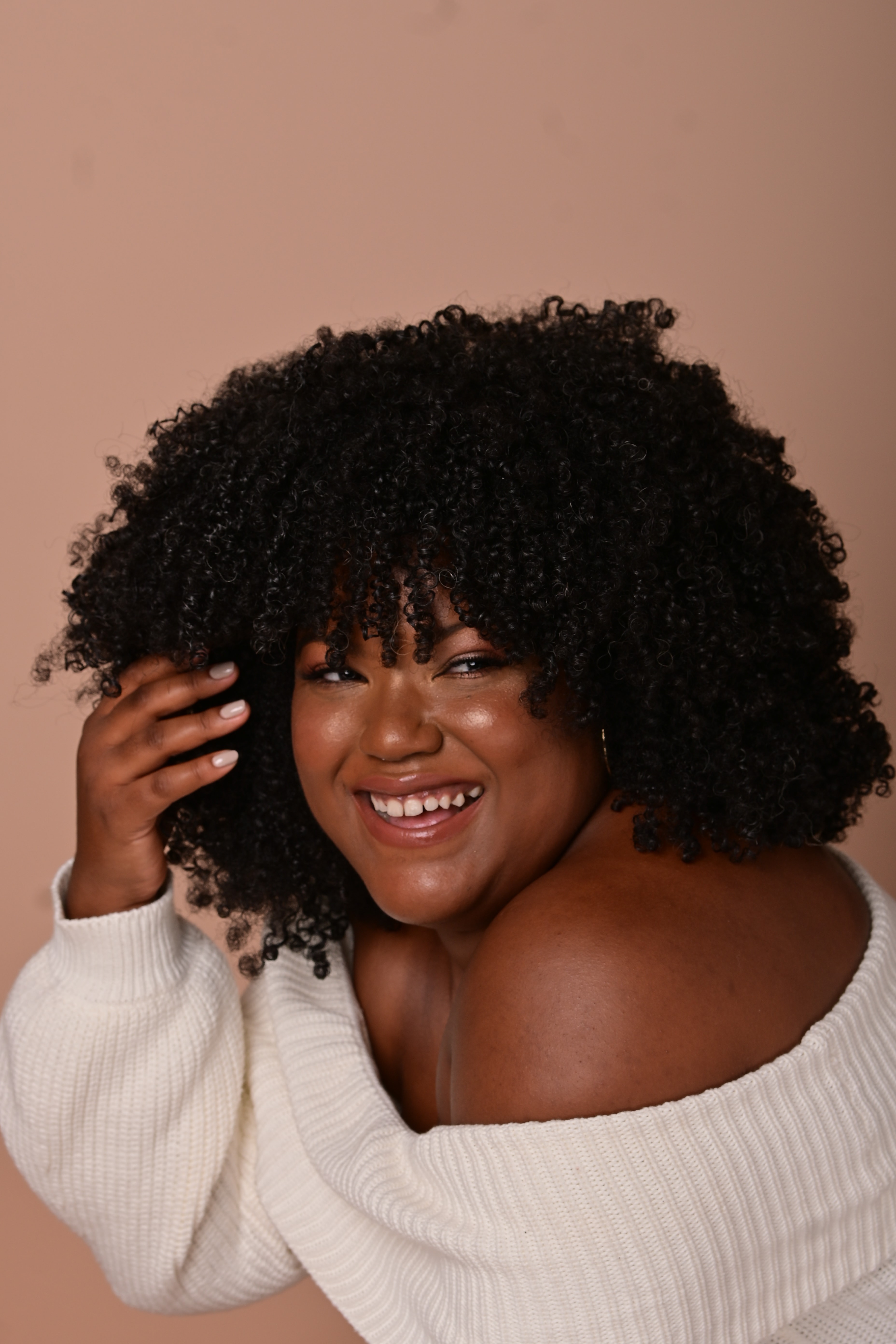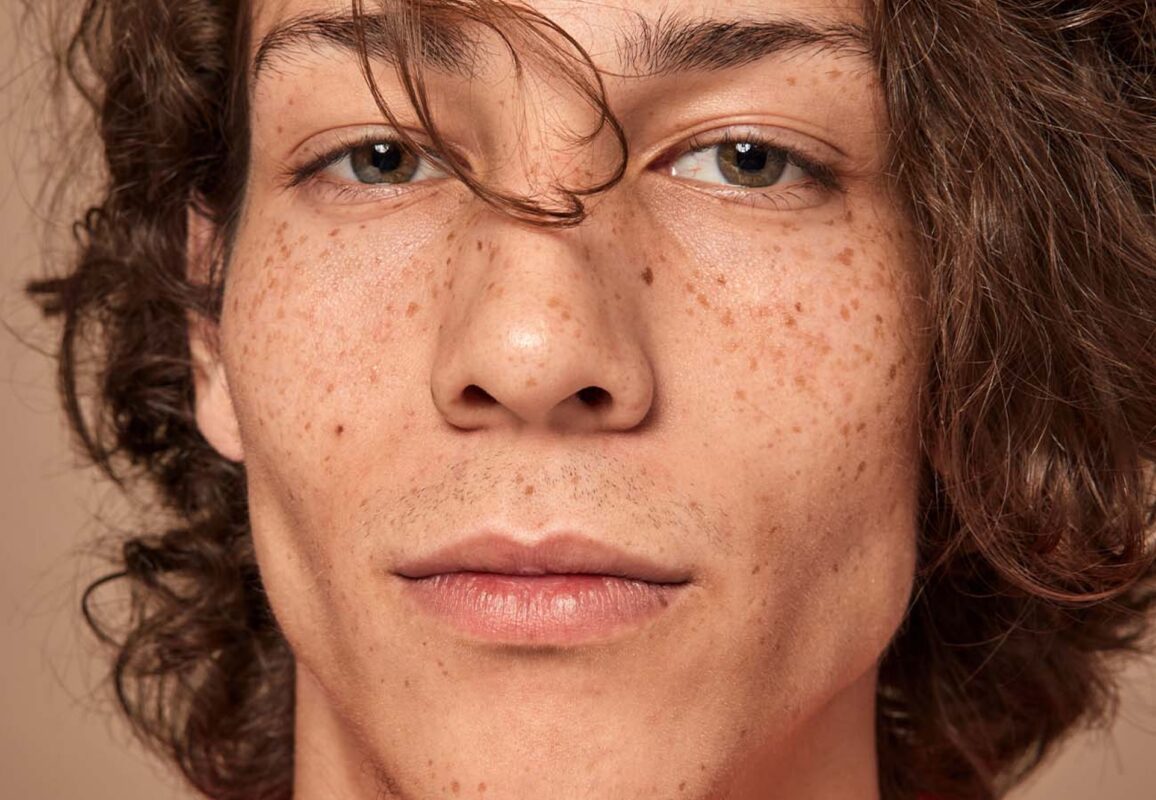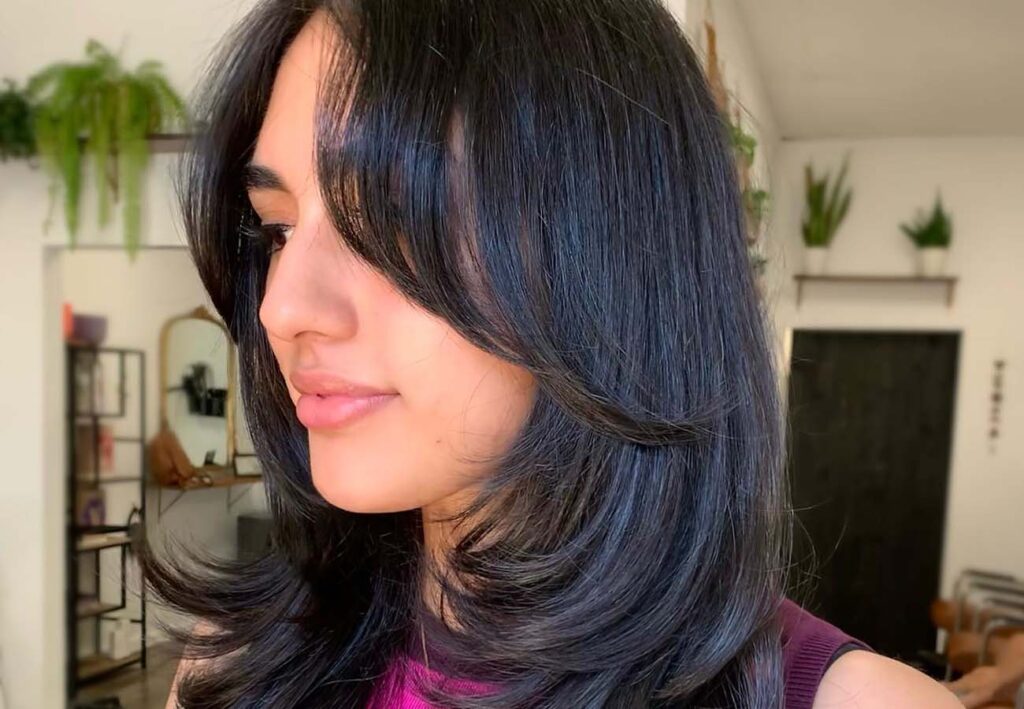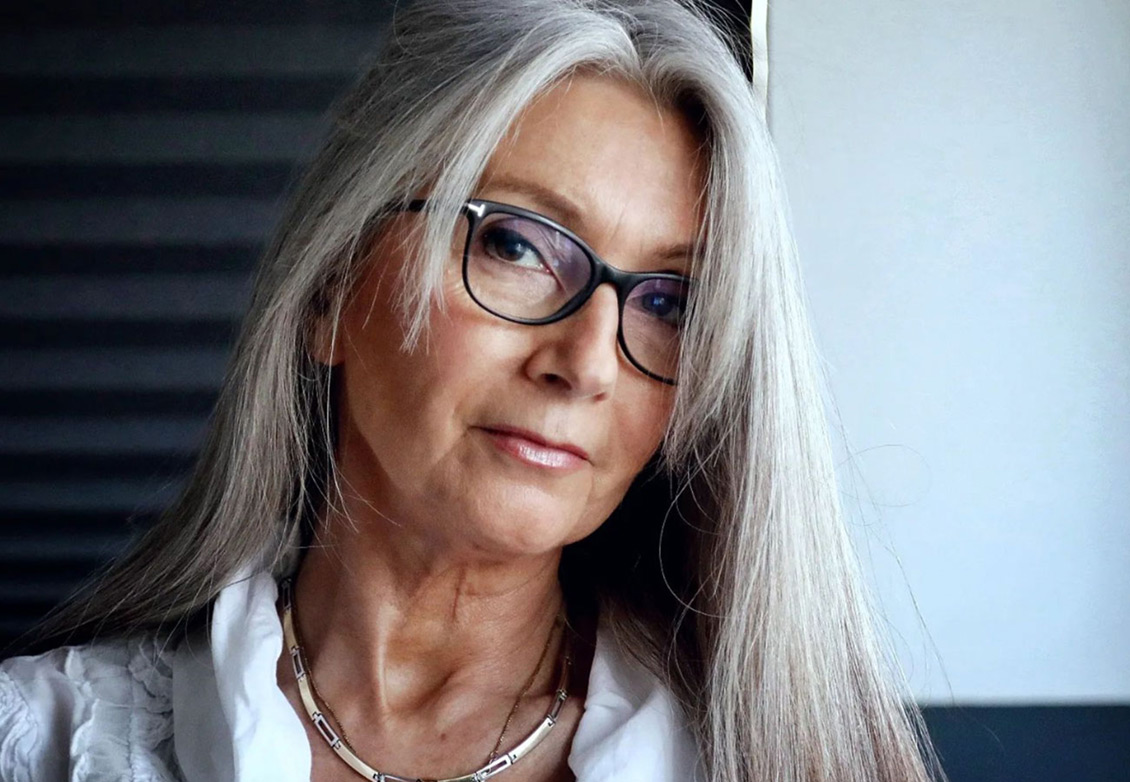Dominican salons have become synonymous for straightening hair. Even someone with 4C curls can walk out with silky, straight tresses all with the help of a blow dryer on high heat and some forceful wrist action. But Miss Rizos, which was named after the blog Contreras created after embracing her own natural hair texture, is one of the first natural hair salons in the Dominican Republic.
“I’ve always worked with women empowerment and communities of development and when it comes to hair politics in particular, I kind of fell into it because I was going through my own process. I was doubting my own beauty and feeling insecure so I created this blog because I was finding myself talking to random women in the streets who were stopping me and asking about my hair,” Contreras tells us. I would be sitting down in a restaurant with friends and people would just see me with my curls and ask me about how I got them to look like that or how I gathered the bravery to cut them so short because that wasn’t a thing in the Dominican Republic back then — 10 years ago. There were only a handful of girls wearing their natural curls in the country. That pushed me to create a blog where I would answer all their hair questions and simultaneously use it as a space to empower and motivate women to question the status quo and give themselves the opportunity to just learn about their hair more and through their hair learn about their identity and heritage.”
The salon had been such a success that Contreras opened up her second Miss Rizos salon last October in NYC, right in the ever-growing Dominican community of Washington Heights. While the COVID19 pandemic has come with its fair share of hits and obstacles, the loyalty of Contreras’ clients both in NYC and in the Dominican Republic, have managed to keep the businesses going.
“We are very fortunate to still be open. To still be physically open is such a blessing and I don’t take that lightly. We’re very grateful that our clients are loyal and supportive through these times,” she says. “We’re facing a lot of challenges from not being able to fully serve everyone during the day because we have to social distance to take all these additional measures to protect people. It’s been tough to pay full rent and not necessarily be generating full revenue because we don’t have a full salon right now.”
Contreras even had to place brand partnerships on hold but despite the challenges, she isn’t planning on slowing her roll anytime soon. During the four months the salon was closed, Miss Rizos provided virtual consultations for clients, as well as, for female entrepreneurs in need of business advice and tips. She’s had a few other great programs up her sleeve that have been temporarily placed on hold for now. One involves providing low-cost to free workshops for local business owners in Washington Heights in Spanish and English and offering free hair styling for little girls and their moms.

“One of the things we do here in the Dominican Republic is we work with communities. We work with Soy Niña, Soy Importante and we also work with Latinas y Lidres, non-profit organizations,” says Contreras. “In New York we haven’t necessarily identified an organization that we want to work with so one of the things that we’ve been trying to do is work with educators that come to the salon and work in different schools and offer free hair care services to young girls from 9 to 18-years-old and who want to learn about their hair and get that extra push.”
For Contreras, who has been involved in activist work since she was 14-years-old, the Miss Rizos brand is about way more than just hair. It’s about encouraging women — Afro-Latinas especially — to recognize and embrace what makes them uniquely beautiful. It’s about making them feel seen, valued and proud of their heritage and African roots. It’s about doing away with the anti-blackness that has existed in Latinx communities for centuries. Social and political work has always come hand in hand with the work Contreras does with hair.
In 2012, she worked with other activists and organizers to hold a meeting with the minister from Junta Central de Electoral (the Dominican Republic’s board of elections) about updating the country’s cedulas (forms of identification). At the time women were being told to straighten their Afro-textured hair for the cedula photos. They were able to convince Junta Central de Electora to make sure hair discrimination for ID cards was put to an end. This is the kind of work that speaks to the heart of the Miss Rizos brand, which is why Contreras has recently registered the Miss Rizos Foundation in the Dominican Republic.
“We decided that in the first few years we’re going to focus on the educational component. We actually want to start working with the ministry of education and see if we can put our comic book inside of the curriculum so that from the classrooms little girls and little boys are taught that their hair is not unconstitutional and not informal, improper or not beautiful,” she says. “We want to be able to start there. As an Ashoka fellow, one of the things we learn is the importance of creating in-direct social change. Direct social change is the people that sit in our chair but there’s only a limited amount of people that can sit in our chair so how do we create a more direct impact? We’re hoping that through working with the ministry of education and schools across the island we can really tackle this huge issue from the root.”
Contreras wants to use her agency and the Miss Rizos platform to inspire and encourage women to really love who they are — pajones (curly fros) and all. This isn’t just about hair for her — this is healing work. She has created the space for brown and Black women to celebrate their beauty, their importance and their worth. And she’s just getting started!





